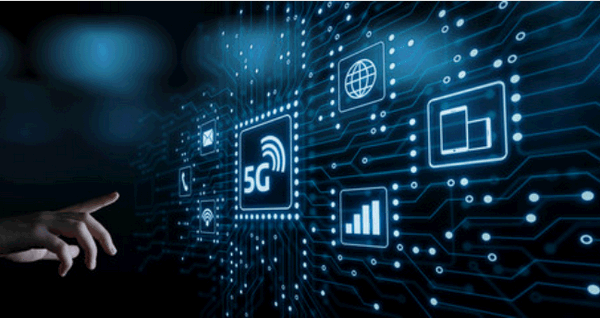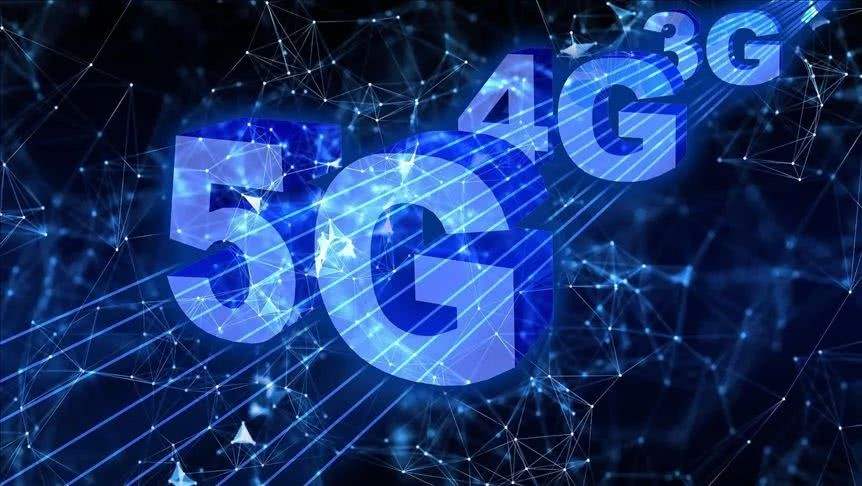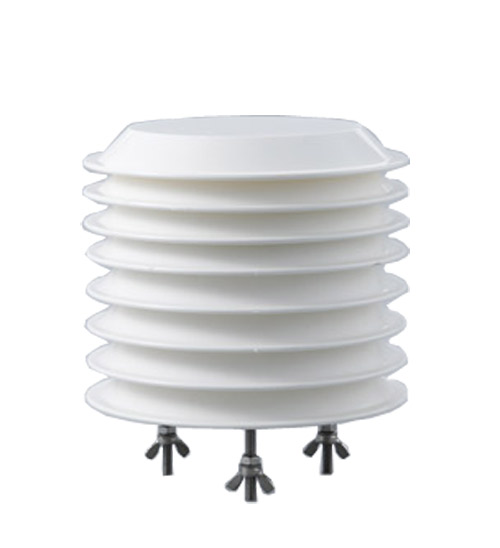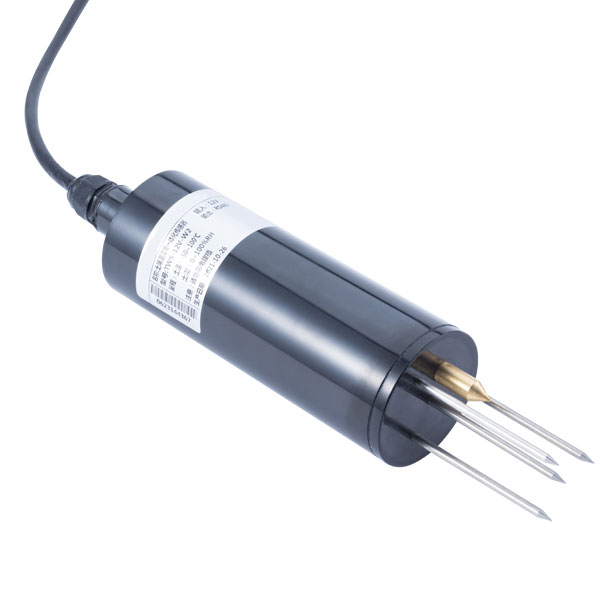

— Blogs —
—Products—
 Consumer hotline +8618073152920
Consumer hotline +8618073152920 WhatsApp:+8615367865107
Address:Room 102, District D, Houhu Industrial Park, Yuelu District, Changsha City, Hunan Province, China
Product knowledge
Time:2021-12-26 17:25:02 Popularity:1649
Five major characteristics of 5G networks
5G network is a new technology that has attracted much attention in recent times. With the gradual rollout of 5G networks, 5G networks will get closer and closer to us. For a long time, the industry has generally described 5G networks with high speed, low latency, and large capacity. What are the characteristics of 5G? Today we will take a look at the characteristics and applications of 5G networks.

Five characteristics of 5g network
One, high speed
This is the biggest feature of 5G. Compared with 4G networks, 5G networks have higher speeds, and the peak requirements for 5G base stations are not less than 20Gb/s. Of course, this speed is the peak speed, not the experience of every user. With the use of new technologies, this speed still has room for improvement. Under the 5G network, it only takes 33 seconds to complete, with a rate of 726Mbps per second, while the download rate of the 4G LTE Cat.12 network is only 62.2Mbps, which takes 6 minutes and 25 seconds;
Two, low power consumption
To support large-scale IoT applications, 5G must have power consumption requirements. And 5G can reduce power consumption, allowing most IoT products to be charged once a week, or even once a month, which can greatly improve the user experience and promote the rapid popularization of IoT products;

3. Ubiquitous Network
With the development of business, network business needs to be all-encompassing and widespread. Only in this way can we support richer services and can be used in complex scenarios;
1. The ubiquitous network has two meanings. One is extensive coverage and the other is deep coverage. Extensive refers to the various places in our social life that require wide coverage. In the past, high mountains and valleys did not necessarily need network coverage because there were few people living. However, if 5G can be covered, a large number of sensors can be deployed to make changes in the environment, air quality, and even landforms. , Earthquake monitoring, which is very valuable. 5G can provide networks for more such applications;
2. In-depth refers to the fact that in our lives, although there are already network deployments, we need to enter a higher-quality in-depth coverage. We already have a 4G network in our home today, but the quality of the bathroom in the home may not be very good. There is basically no signal in the underground parking garage, which is now in an acceptable state. With the advent of 5G, toilets and underground parking garages with poor network quality can be widely covered by a good 5G network;
Four, low latency
1. A new scenario of 5G is the highly reliable connection of unmanned driving and industrial automation. For information exchange between people, a delay of 140 milliseconds is acceptable, but if this delay is used for unmanned driving and industrial automation, it is unacceptable. The minimum requirement of 5G for latency is 1 millisecond or even lower. This puts harsh demands on the network. And 5G is an inevitable requirement for applications in these new fields;
2. Self-driving cars need to be interconnected between the central control center and the car, and the car should also be interconnected. In high-speed operations, a brake needs to instantly send information to the car to respond, 100 milliseconds In about time, the car will rush out tens of meters, which requires the shortest time delay to send the information to the car for braking and car control reaction;
5. Internet of Everything
In the era of intelligence, in addition to Internet devices such as mobile phones and computers that need to use the Internet, more and more different types of devices such as smart home appliances, wearable devices, shared cars, and public facilities such as electric lights need to be connected to the Internet. Realize real-time management and intelligent related functions, and the interconnectivity of 5G also makes it possible for these devices to become smart devices;
Application of 5G technology in the Internet of Vehicles:
The Internet of Vehicles system is divided into three parts: vehicle terminal, cloud computing processing platform, and data analysis platform. The vehicle-mounted terminal collects real-time operating data of the vehicle, and realizes the collection, storage and transmission of all working information and static and dynamic information of the vehicle. The vehicle-mounted terminal is composed of sensors, data collectors, and wireless sending modules. The real-time operating conditions of the vehicle include the driver's operating behavior, power system working parameter data, etc.; the cloud computing processing platform processes massive vehicle information, and the data is "filtered and cleaned" ; The data analysis platform is responsible for report-style processing of data for management personnel to view.
Sensors & Weather Stations Catalog
Agriculture Sensors and Weather Stations Catalog-NiuBoL.pdf
Weather Stations Catalog-NiuBoL.pdf
Related recommendations
Related products
 Atmospheric Temperature Humidity Pr···
Atmospheric Temperature Humidity Pr··· Soil Temperature Moisture Sensor 4-···
Soil Temperature Moisture Sensor 4-··· Air temperature, humidity and atmos···
Air temperature, humidity and atmos···
Screenshot, WhatsApp to identify the QR code
WhatsApp number:+8615367865107
(Click on WhatsApp to copy and add friends)